The Department of Environmental Conservation (DEC) says the controversial plan to build a new gas-fracked power facility in Queens would interfere with the state’s greenhouse gas emissions limits, set by passage of the Climate Leadership and Community Protection Act two years ago.
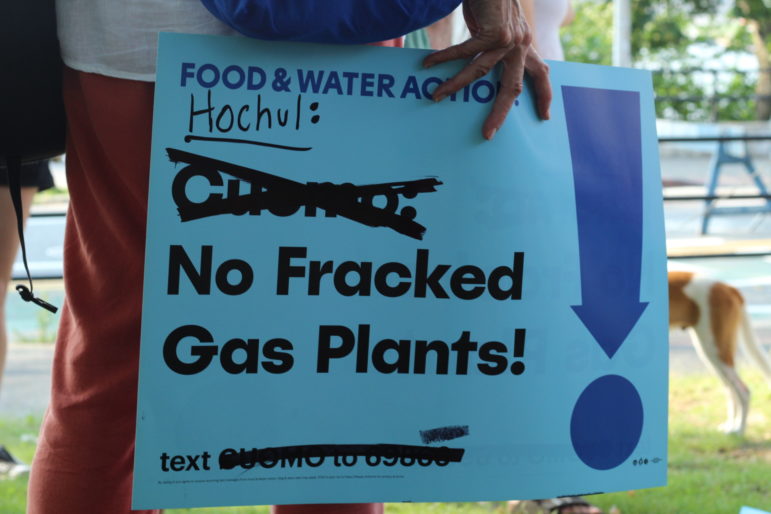
Liz Donovan
A protestor holds a sign at a rally in August opposing the Astoria power plant.The New York State Department of Environmental Conservation (DEC) on Wednesday denied a controversial proposal for a new, fracked gas power plant in Astoria—a victory for environmental activists who say the project is not in line with the state’s energy emission goals.
In 2020, Astoria Gas Turbine Power, LLC—a subsidiary of the energy company NRG—applied for a Clean Air Act Title V air permit as part of its plans to build a fossil fuel–fired turbine generator in the northwest Queens neighborhood.
The plant would replace a 50-year-old high-polluting “peaker plant” with a more modern fracked gas facility, according to NRG, which also said the company plans to eventually switch the plant to generate renewable energy.
But DEC said that the project was not in line with the state’s Climate Leadership and Community Protection Act, which was signed into law in 2019 and aims to reduce the state’s greenhouse gas emissions by 85 percent by 2050.
The agency told City Limits in August that at that time, NRG had not provided sufficient evidence that the project would comply with the CLCPA, but public comment on the proposal was still open for two and half more weeks. In all, DEC said it received more than 6,600 comments about the plan, which inspired multiple protest rallies by environmental groups and community organizers. Approximately 85 percent of those public comments were in opposition to the proposal, according to the state.
“The proposed project would be inconsistent with or would interfere with the statewide greenhouse gas emissions limits established in the Climate Act,” said the DEC in a statement Wednesday. “Astoria NRG failed to demonstrate the need or justification for the proposed project notwithstanding this inconsistency.”
The decision earned praise from Gov. Kathy Hochul, Senate Majority Leader Chuck Schumer and environmental groups.
“Climate change is the greatest challenge of our time, and we owe it to future generations to meet our nation-leading climate and emissions reduction goals,” said Hochul in a statement, adding that she “applauded” the DEC’s decision.
“The DEC is sending a clear message today, fracked gas does not comply with New York law,” said Lee Ziesche of the Sane Energy Project, an organization that has rallied against this proposal as well as National Grid’s North Brooklyn Pipeline Project.
Tom Atkins, vice president of development for NRG, called the state’s decision disappointing, saying the proposed plant would have been more energy-efficient than its existing, older facility in Astoria.
“It’s unfortunate that New York is turning down an opportunity to dramatically reduce pollution and strengthen reliable power for millions of New Yorkers at such a critical time,” he said, adding that the plant would have reduced greenhouse gas emissions and would eventually be converted to green hydrogen.
“In the meantime, our current Astoria plant will continue to operate to help ensure the lights stay on in New York City, as that remains the most important thing,” Atkins said in a statement.
The full 18-page decision, filed by Daniel Whitehead, who oversees environmental permits for the DEC, noted that the project did not comply with a section in the Climate Act stipulating that permits “shall not disproportionately burden disadvantaged communities.”
Astoria, an environmental justice community, already suffers health effects potentially linked to pollution sources, including power plants, highways, and waste transfer facilities. Higher-than-average levels of asthma have earned the neighborhood the nickname “asthma alley.”
“For too long, the people of western Queens have borne the brunt of the consequences of being home to far too many of New York’s pollution-belching power plants,” said Senator Chuck Schumer. “A rebuilt NRG plant would have kept a fossil fuel-dependent power plant in Astoria for years to come, directly undermining the urgently needed goals laid out in New York’s groundbreaking climate law.”
The DEC also denied the application of a proposed power plant in Newburg in Orange County, N.Y., citing similar issues. The DEC received more than 4,500 public comments related to that project, the agency said.
“We’ll continue organizing to combat the growing climate crisis, building out our City’s renewable energy infrastructure, prioritizing green economic development, and ensuring a transition to public power in New York,” said progressive Council candidate Tiffany Cabán, who is running to fill the now-vacant Astoria seat. “When we organize, we win.”
Liz Donovan is a Report for America corps member.




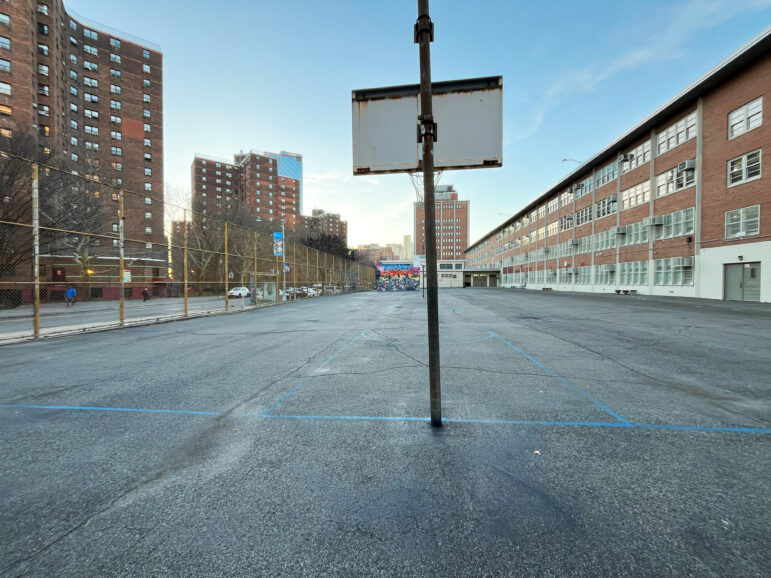
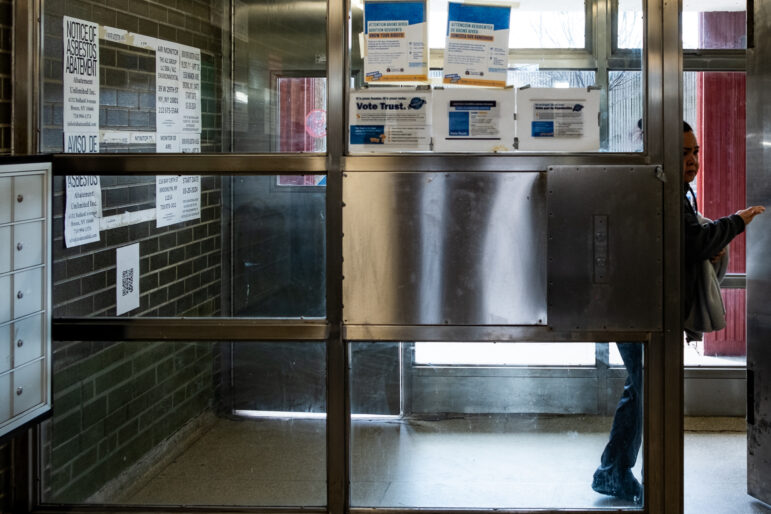
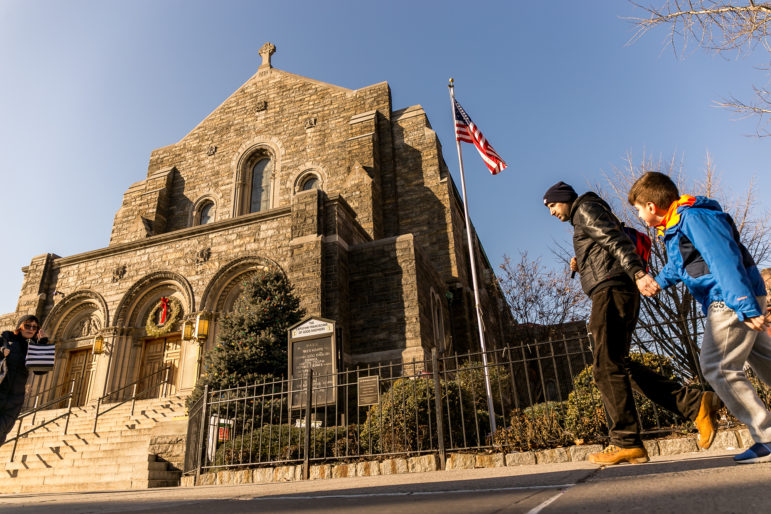
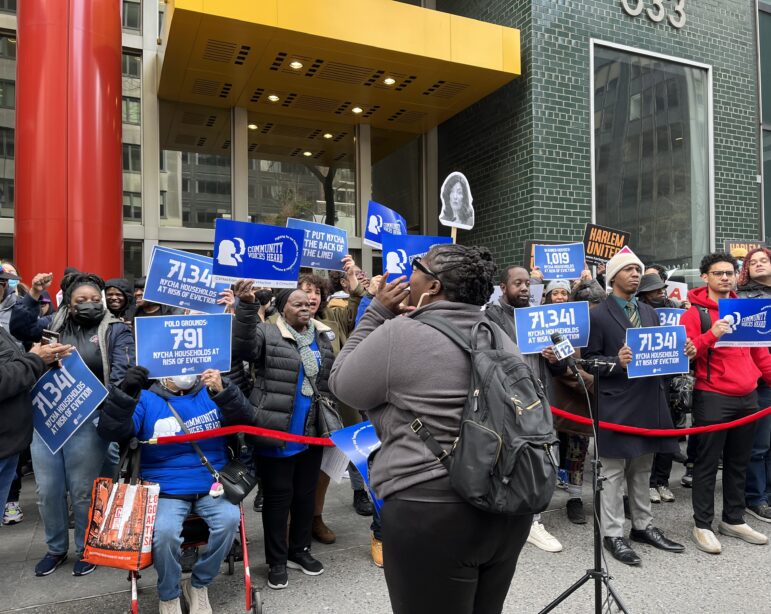


6 thoughts on “New York State Denies Permit for New Astoria Power Plant”
That’s not enough to justify the massive capital investment needed to build a plant as large as the Astoria plant, and the risks involved in building a new natural gas infrastructure in such a densely-populated area.
The New York State Department of Environmental Conservation (DEC) denied the permit in response to local opposition and concerns about increased pollution. The project’s backers hope to build the plant in another part of the state.
I totally agree about this decision. I appreciate DEC for denying the controversial proposal.
Right decision. There is no place for gas power plant in Astoria
I understand the decision, but I don’t think it was sufficiently justified.
Not very intelligent to shut down a power plant that absorbed the overload when New York City is at its highest demand, such as the hot summers. The proposed wind farms haven’t even received permits to build yet and Beacon estimates 2025 before they’re even fabricated. In the mean time grid shut downs will be unavoidable in NYC in hot summer months. I hope it happens this summer so New Yorkers will see what is coming. Total control of the power grid by government. I’m sure the Tesla owners will be happy to delay a charge on their cars. New York will strong arm everyone into mass transit. It’s coming soon.